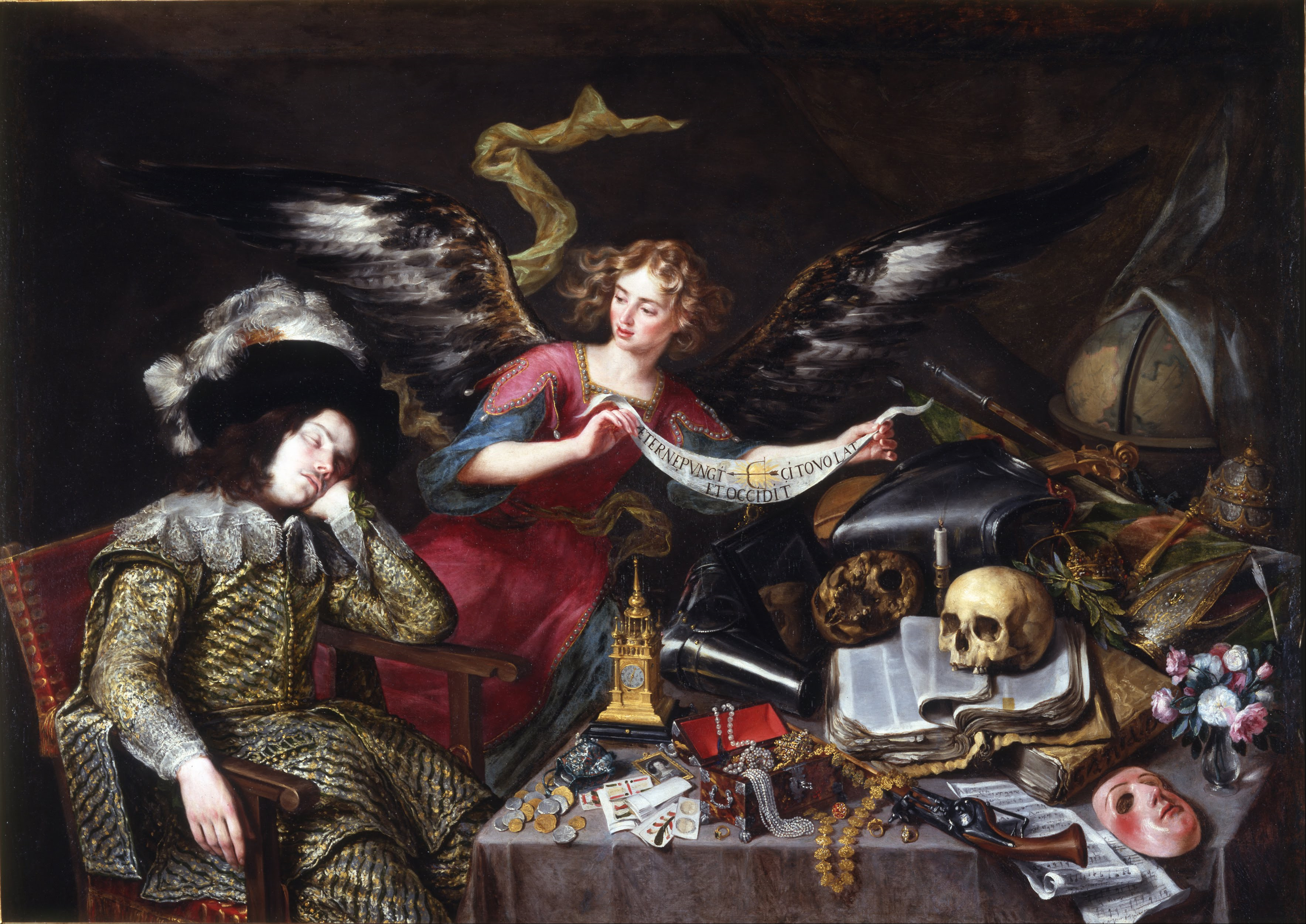Hello there! I see you have stumbled upon my little corner of the internet. This introduction would go much more smoothly if we were both sleeping and I could jump into your dreams and explain everything there, but alas, the modern world has not yet invented technology for that kind of thing. For now, I will introduce myself in the waking world. My name is Alyssa. I am a student at Penn State University majoring in Psychology and English and I am fascinated by dreams. Disturbing dreams, nonsensical dreams, transcendent dreams: you name it, I want to hear about it. I have created this blog with the purpose of analyzing dreams—my own dreams, the dreams of my peers and loved ones, and dream sequences from literature, television, and movies. My hope is that in analyzing these snippets from the subconscious, you (my readers) and I will gain a deeper understanding of ourselves and the internal motivations that rule us.
Dreams have found their way into our cultural consciousness and often pervade our waking life because of their popularity as an artistic device in the art we love. From movies like Inception (2010), a film about a man who can enter people’s dreams and steal their secrets from their subconscious, to Paprika (2006), an animated Japanese film about a device that allows psychiatrists to visit the dreams of their patients, dreams are everywhere. This prevalence makes it that much more important to analyze dreams so we can begin to understand their effect on our lives.

For analytical purposes, I will be drawing from both Jungian psychology and the literary tradition. Jung divided the psyche into the conscious and the unconscious. I will classify daily waking stimuli under the “conscious” category and dreams under the “unconscious” category. Jung also theorized that the ego, the personal unconscious, and the collective unconscious were all part of the psyche. The ego is the conscious aspect of the self. The personal unconscious is all thoughts, feelings, and urges that are not in one’s conscious awareness. The collective unconscious is everything in the psyche that has been inherited from the human collective, such as innate tendencies to react a certain way. These three aspects of the psyche will likely come up in future analyses.

As for the literary tradition, I will often analyze symbolism in dreams as I would if I were analyzing symbolism in literature. This means classic motifs will be treated as they would usually be treated in a literary analysis unless there is some personal association that I am aware of that changes the analysis. For example, a rose is a classic symbol that stands for beauty and danger. I will use those interpretations unless I know that the person whose dream I am analyzing was mauled by a prize-winning rose farmer.
In the coming weeks, I plan on doing personal dream analyses (of my own dreams), featuring analyses of the dreams of my loved ones and peers (potentially with short interviews), and showcasing dream analyses of film, television, and literature. I’m looking forward to digging into the depths of everyone’s unconscious. Stay loose and dream lucid!

This is a really cool topic! I can’t wait to read your other posts!
Thanks Jennifer!
Alyssa, this post was super interesting! I think it was a good choice for your first post to be one that provides background information to the readers so that when they read next time they understand what is going on! Another cool thing was that you decided to discuss both psychological and literary aspects of dreams! The inclusion of pictures was a great addition to the post and I am excited to read the person interviews!
One thing I would recommend is breaking your paragraphs in half just for ease of reading, discussed in Blogging Practices. Overall, really cool!
Thanks Olivia!
Great job with this introduction post! The beginning of the post really grabbed my attention, and I like how you included pictures throughout your post. I love this topic, as dreams have always seemed very interesting to me as well. I am excited to read more about your analyses on dreams! Well done!
Thank you, Prerna! I’m glad you enjoyed it.